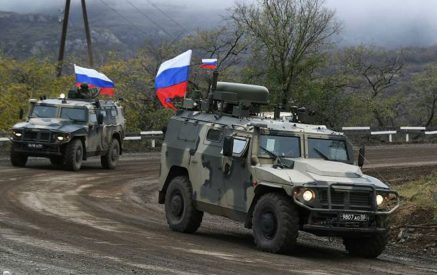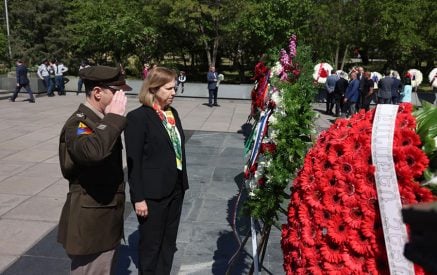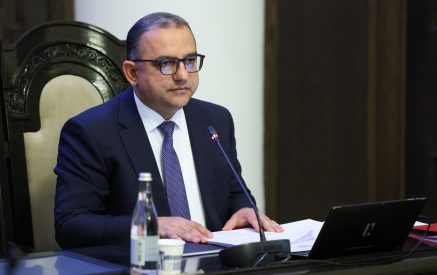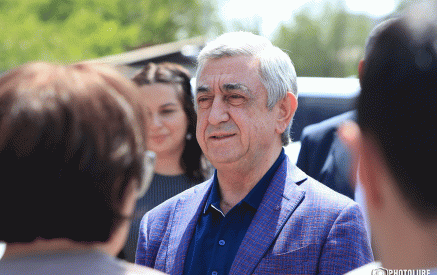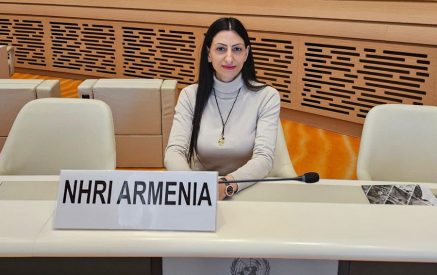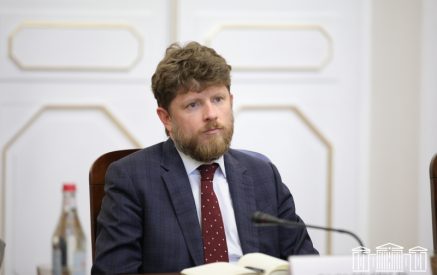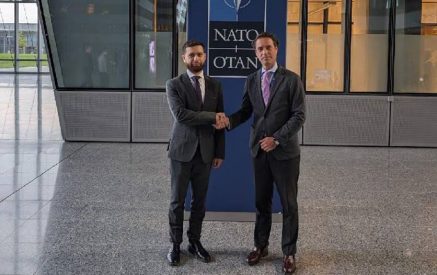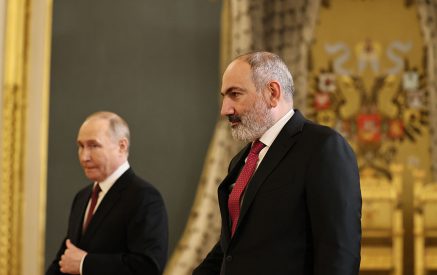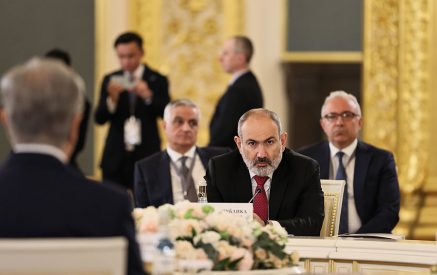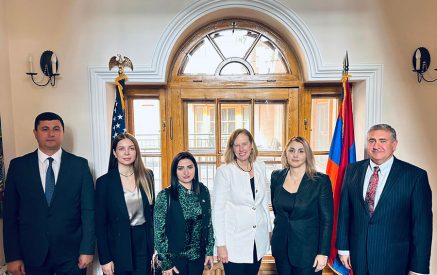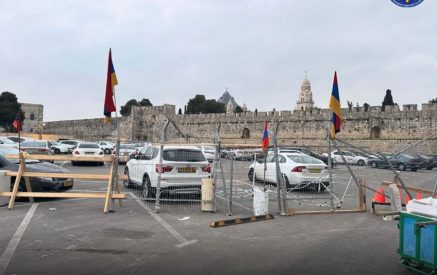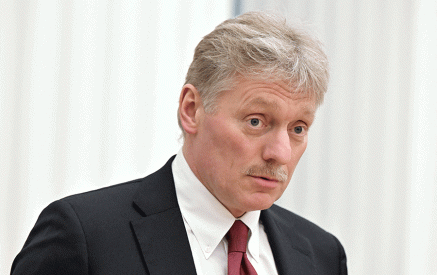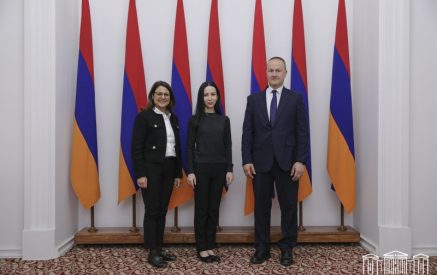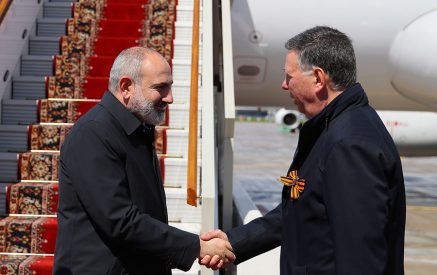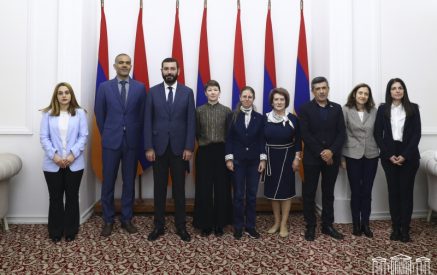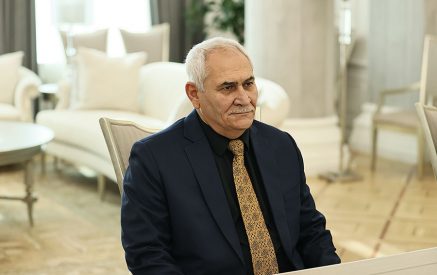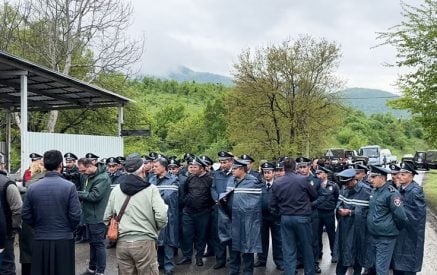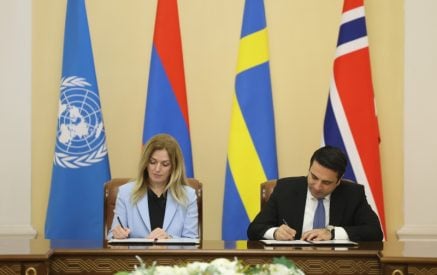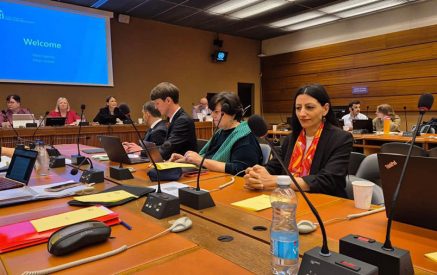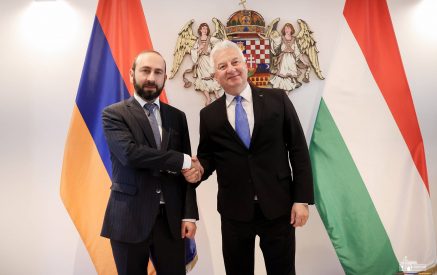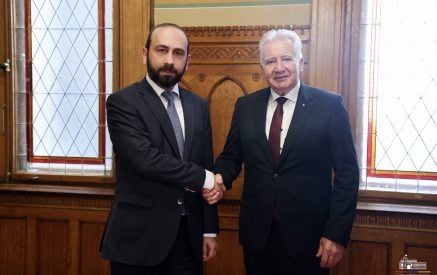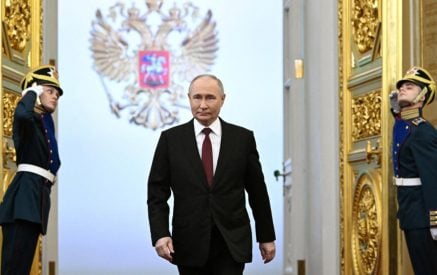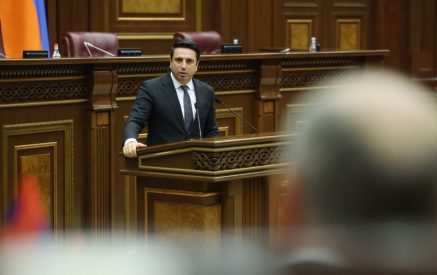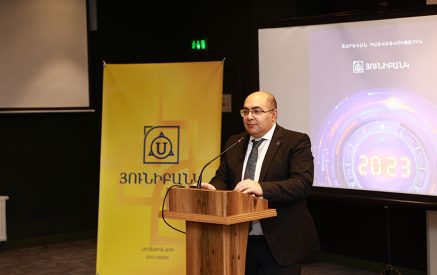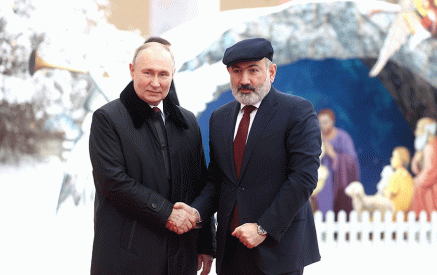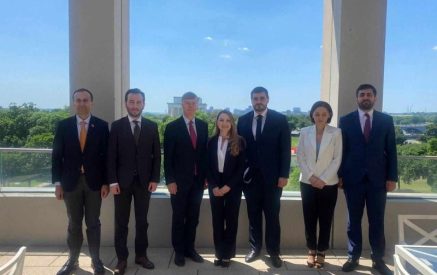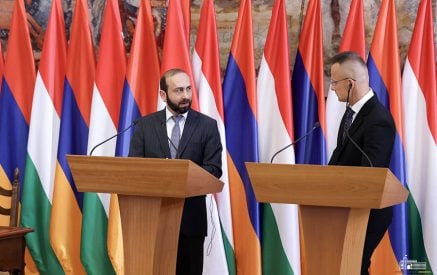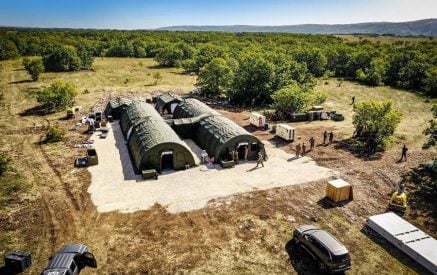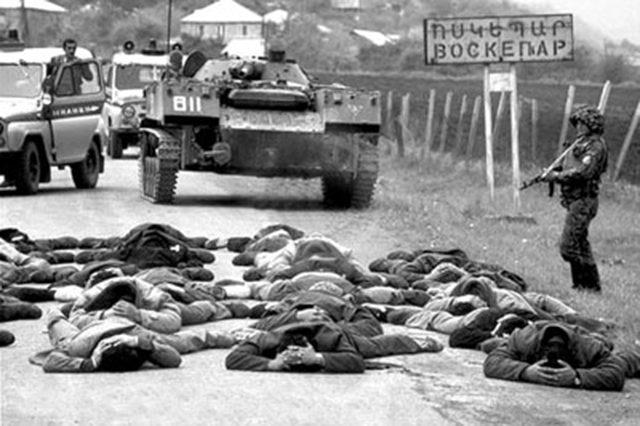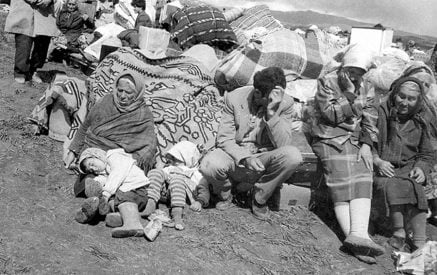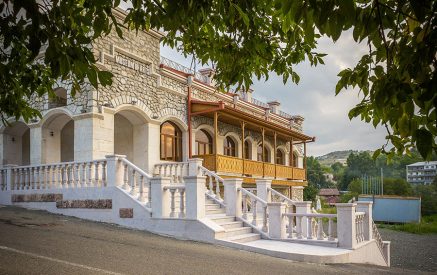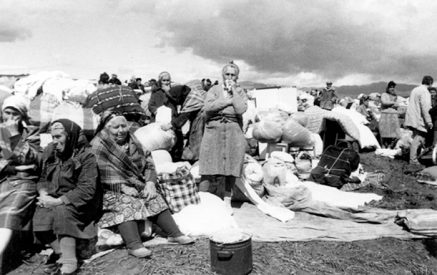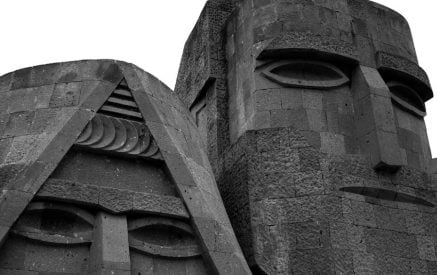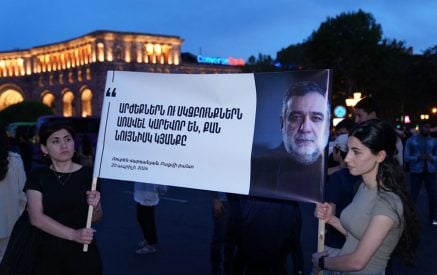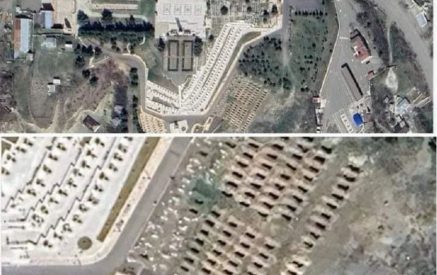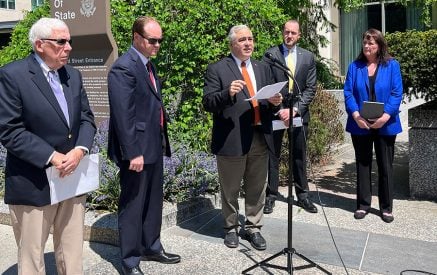Statement on the 32nd Anniversary of Operation Ring
Today, April 30, marks the 32nd anniversary of the start of Operation Ring, the very name of which speaks of its repressive nature. The main goal of the operation, which was carried out in several stages from April to August 1991, was the forceful suppression of the will of the people of Artsakh (Nagorno-Karabakh) and creating conditions for their exodus from their native land.
In particular, in April-August 1991, OMON units of the Ministry of Internal Affairs of the Azerbaijan SSR, together with the internal troops of the Soviet Ministry of Internal Affairs and units of the 4th Army (23rd division stationed in the city of Kirovabad), undertook a large-scale military operation aimed at the deportation of the Armenian population of Artsakh.
From the beginning of 1991, the idea that if the Armenians do not agree to obey Baku, they must be expelled from Karabakh, began to be regularly voiced in Azerbaijan, almost openly at the highest level. On 25 March 1991, the Azerbaijani OMON began regular shelling of the villages of Getashen and Martunashen.
Read also
From 16 April, the supply of electricity to the Shahumyan region was cut off, telephone communication was disconnected. On 19 April, the personnel of the internal troops of the Soviet Ministry of Internal Affairs stationed in Getashen were withdrawn from the village. On 21 April, on Baku’s demand, regular helicopter flights from Yerevan to Shahumyan were banned.
On 30 April, Operation Ring began with a massive shelling of the villages of Getashen and Martunashen, during which, for the first time, tanks, combat helicopters and artillery were used against civilians. The Armenian villages were alternately encircled by internal troops of the Soviet Ministry of Internal Affairs and the Soviet Army.
Then the Azerbaijani OMON and police forces entered these villages, formally for alleged “passport regime control”, but in reality, with the aim of killing, robbing and terrorising the Armenian population with their subsequent deportation.
As a result of this operation, more than two dozen villages of Northern Artsakh, as well as the Shahumyan, Hadrut and Shushi regions of Artsakh, were completely devastated and destroyed, almost ten thousand people were deported, more than a hundred were killed, and several hundred people were taken hostage. The fate of many of them remains unknown to this day.
Operation Ring, characterised by extreme brutality and massive human rights violations, dramatically increased tensions in the region and turned the Azerbaijan-Karabakh conflict into a military dimension, becoming a prelude to the subsequent full-scale aggression of Azerbaijan against the Nagorno-Karabakh Republic.
Unfortunately, the massive crimes and violations of human rights committed during Operation Ring did not receive the proper political, legal and moral assessment of the international community, and the masterminds, organisers and perpetrators of these crimes remained unpunished.
As a consequence, today we witness the recurrence with impunity of the crimes of 30 years ago, including military aggression, occupation of territories, murders, ethnic cleansing and terror against the people of Artsakh. The current leaders of Azerbaijan are voicing the same statements that if the Armenians of Artsakh do not agree to obey Baku, then they should be expelled from Karabakh.
Just like 30 years ago, all this is happening with the tacit consent and flagrant indifference of the international community, in an environment of complete impunity and permissiveness. Today, the people of Artsakh found themselves in a ring again – for more than 4 months the blockade of Artsakh has been continuing by Azerbaijan, which, having already officially blocked the Lachin Corridor, is trying to establish an illegal checkpoint in the area of responsibility of the Russian peacekeeping forces, thereby grossly violating one of the fundamental provisions of the Trilateral Statement of 9 November 2020, signed by the President of Azerbaijan.
The fact that 30 years later Artsakh is again facing the same existential threat as at the very beginning of the current stage of the Azerbaijan-Karabakh conflict proves that the intention to destroy the people of Artsakh is part of the state policy of Azerbaijan, the foundations of which were laid back in the Soviet period and which subsequently was systematically and consistently implemented by all authorities of this country.
Today, we once again honour the memory of all the innocent victims of the brutal and criminal Operation Ring, and renew our call on the international community, and first of all the UN Security Council, which bears primary responsibility for maintaining international peace and security, to finally abandon the protocol expressions of concern and appeals to both sides and take urgent and practical steps to prevent the recurrence of such atrocities and massive violations of human rights, as well as the genocidal and expansionist intentions of Azerbaijan towards Artsakh and Armenia. We believe that the first step in this direction could be persuading and, if necessary, forcing the authoritarian regime of Azerbaijan to comply with their international obligations and norms of international law, including the legally binding decisions of the International Court of Justice, without which references to international rules based order are untenable.
Ministry of Foreign Affairs of the Republic of Artsakh

